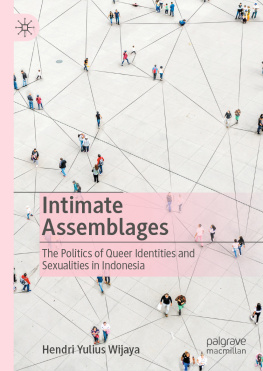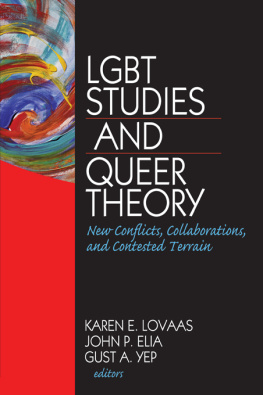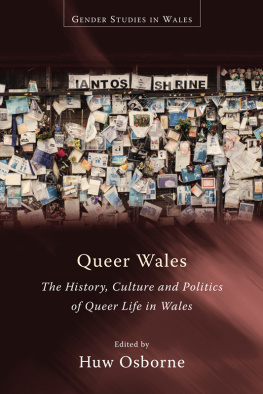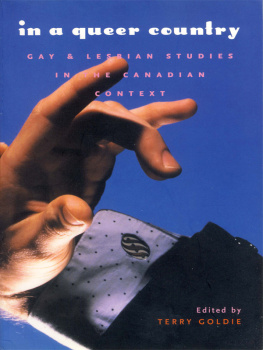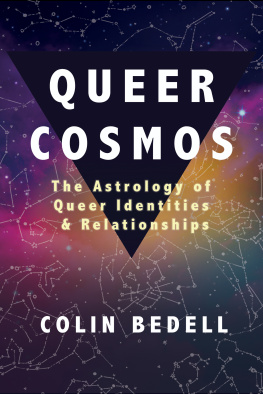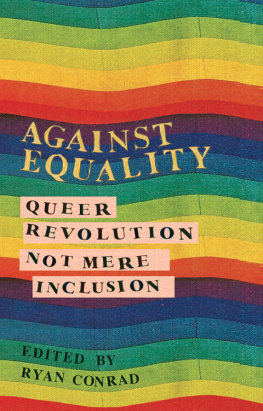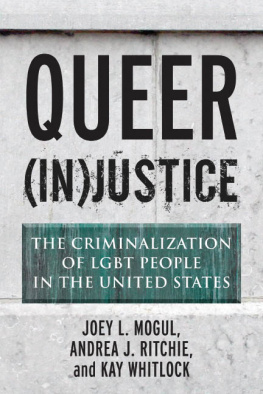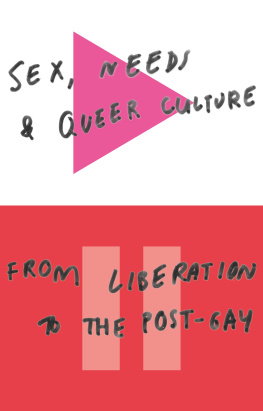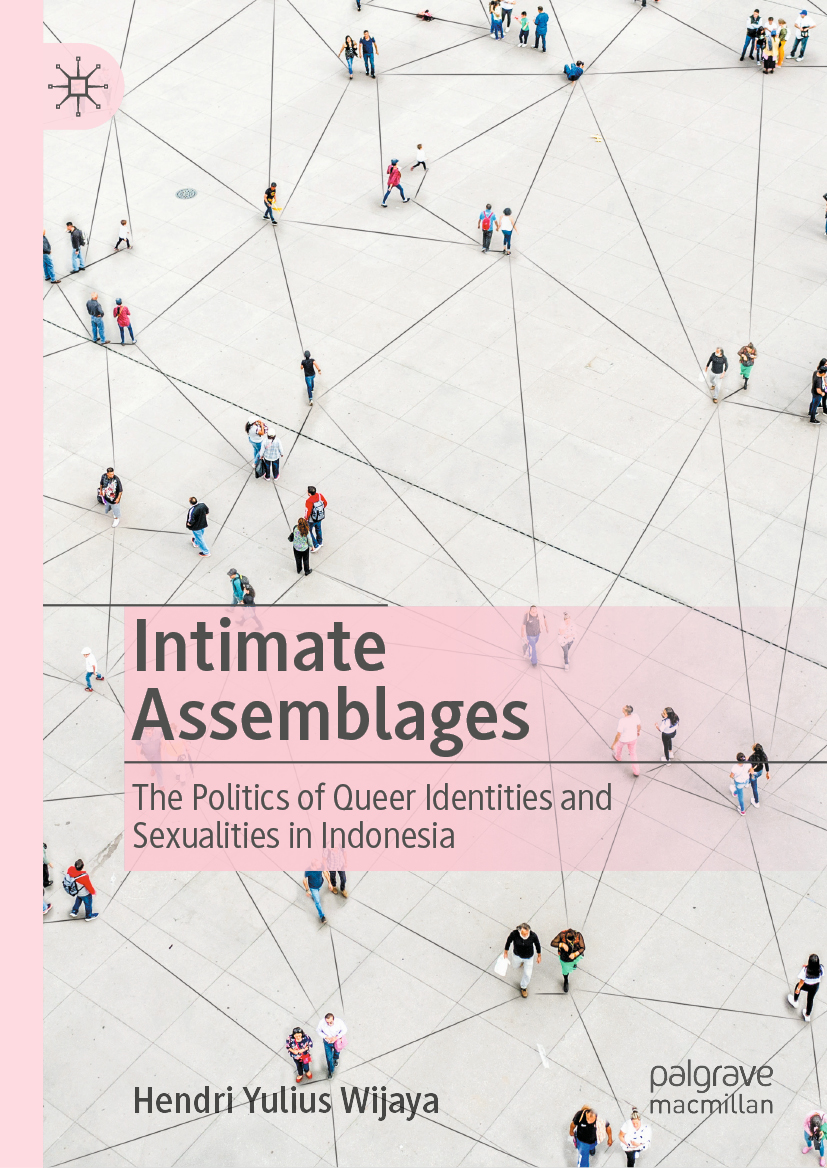Hendri Yulius Wijaya
Jakarta, Indonesia
ISBN 978-981-15-2877-4 e-ISBN 978-981-15-2878-1
https://doi.org/10.1007/978-981-15-2878-1
The Editor(s) (if applicable) and The Author(s), under exclusive license to Springer Nature Singapore Pte Ltd. 2020
This work is subject to copyright. All rights are solely and exclusively licensed by the Publisher, whether the whole or part of the material is concerned, specifically the rights of translation, reprinting, reuse of illustrations, recitation, broadcasting, reproduction on microfilms or in any other physical way, and transmission or information storage and retrieval, electronic adaptation, computer software, or by similar or dissimilar methodology now known or hereafter developed.
The use of general descriptive names, registered names, trademarks, service marks, etc. in this publication does not imply, even in the absence of a specific statement, that such names are exempt from the relevant protective laws and regulations and therefore free for general use.
The publisher, the authors and the editors are safe to assume that the advice and information in this book are believed to be true and accurate at the date of publication. Neither the publisher nor the authors or the editors give a warranty, expressed or implied, with respect to the material contained herein or for any errors or omissions that may have been made. The publisher remains neutral with regard to jurisdictional claims in published maps and institutional affiliations.
Cover credit: Orbon Alija
This Palgrave Macmillan imprint is published by the registered company Springer Nature Singapore Pte Ltd.
The registered company address is: 152 Beach Road, #21-01/04 Gateway East, Singapore 189721, Singapore
Acknowledgements
I never imagined that the research program that I embarked on at Sydney University would lead to this book. It has only been made possible by the extraordinary support I have received from my supervisor, colleagues, mentors, and long-time friends, together with my own desire to tackle issues which have for a long time been deeply intriguing me. I commenced my studies at Sydney University and wrote my thesis at a time of unprecedented anti-LGBT paranoia in Indonesia, shortly after the United Nations Development Programmes Being LGBT in Indonesia had been terminated and my contract with this organization was not extended as a result. During the subsequent heightened hostility in Indonesia towards the queer community, I continued, from Australia, contributing to articles about queer issues while at the same time receiving support from academics, writers, journalists, media outlets, professionals, and also the general public. Completing this book has not been easy as every step of my journey has met with challenges. Since English is not my first language and there is a lack of scholarly work by queer Indonesians, I have been plagued by self-doubt throughout the writing process. This book is thus an assemblage of care, love, and passion, as well as fear, frustration, and disappointment. To me, this book is not merely an extension of a Masters thesis. But, this book is the manifestation of my hope to see more scholarly works on queer theory and/or studies coming from queer Indonesians themselves, to speak on behalf of our own situated experiences, and to establish a meaningful dialogue with Western queer scholarship.
I thank Kane Race for his generous mentorship, guidance, supervision, and friendship. Without his advice, I would never think about publishing my thesis into a book. I also thank my close friends and mentors, Graeme Aitken and Jonathan Symons, for always being there for me with unlimited generosity. Some of the ideas here initially came from critical reviews and discussions with some editors and academics that helped me to think more rigorously. I had the privilege of having discussions and/or even working with Shawna Tang, Sharon Ee Ling Quah, Sharyn Graham Davies, Baden Offord, Thushara Dibley, Michele Ford, Dennis Altman, Dwi Noverini Djenar, Keith Foulcher, Adam Dedman, Dyah Pitaloka, John Erni, L. Ayu Saraswati, Astrida Neimanis, Lee Wallace, Bronwyn Winter, Barbara Shaw, Gerard Sullivan, Benjamin Hegarty, David Reeve, Anthony J. Langlois, Sonja van Wichelen, Limin Mao, Hoon Chang Yau, Intan Paramaditha, Sandra Seno-Alday, Robert Reynolds, Edward Aspinall, Vek Lewis, Gerard Sullivan, Ruard Ganzevoort, Tom Boellstorff, Marco Derks, Robert Aldrich, Ivan Crozier, Kate Gleeson, Frans Tarmedi, Mariecke van den Berg, Greg Fealy, Richard Tran, Andrew Harding, Park Je-Cheol, Soe Tjen Marching, Aquarini Priyatna, Dd Oetomo, and Ronit Ricci. I am also grateful for the generous feedback from my thesis examiners, Audrey Yue and Peter A. Jackson. I owe special debts to Jonathan Symons who read draft chapters. Importantly, I am also indebted to those among my interlocutors whom I cannot name for reasons of confidentiality.
To Palgrave Macmillan and the wonderful team, Sara Crowley-Vigneau, Connie Li, and the anonymous reviewers, thank you for believing in me and this project.
As the remnants of Indonesian queer histories are often dispersed and scattered, this research is not possible without the work of archivists, activists, and scholars who treasure, preserve, and look after the pasts through archives. In particular, I would like to thank Helen Pausacker, David Reeve, Iskandar Nugraha, Dd Oetomo, and Nick Henderson from the Australian Gay and Lesbian Archives, for enabling me to see the queer pasts alive in the contemporary moment. Understanding that writing this book as far less deserted activity than it might suggest means recognizing the opportunity to present some of this research over the years, and I am grateful to the National University of Singapores Asia Research Institute and the Sydney Southeast Asia Centre for the space they provided to me during my studies in Sydney.
Sydney was an excellent place for finishing this book. I appreciate the support I received from friends and colleagues, such as Timothy Chen, Dinah Madiadipura, Christian Bloomfield, Evan Kriswandi, Sujith Kumar, Matthew Vaughan, Samitha Fernando, Tamara Mansueto, Nikki Edwards, Teagan McGuigan, Matthew Egan, Rosanna Arciulli, Irvin Romyco, Lucyan Umboh, Kimmy Yao, Amor Lynn Macalalad, Gemala, Nurul Ginting, Alifia Firliani, and Bruce Clezy. I also thank ACON, The Bookshop Darlinghurst, and Palms on Oxford; each of which has become like a home to me when I visit Sydney. The Asia Foundations family in Indonesia, particularly Laurel MacLaren, Sandra Hamid, and Jonathan Zilberg, and also the Australia Awards Scholarship; all were generous in supporting my studies, and without them, it would have been impossible to embark on this research. In particular, I thank Amy Wan, Sean Lee, and Annie Dinh for their generous assistance throughout my studies. Thanks to The Jakarta Post, Indonesia at Melbourne (particularly, Tim Mann), Heinrich-Bll-Stiftung, and New Mandala for publishing my articles at a time of heightened tension. All those articles were the repository of insights that have influenced this book.
I am indebted to David Roberts for his patience, care, and love when I was struggling with completing this book. To David Bridger and Lany Harijanti, two important people I met through my professional life, I thank them for their constant emotional support much needed to survive in this scholarly journey. To Grace Chandra, Jinia Lilianty, Wina Indiarto, Azlina Aji, Quek Shiyun, and the Fake Deans List for every laugh we share, and finally, to Viriya Adithana, thank you for showing me the true meaning of brotherhood and loveyou saw my struggles, curiosity, and emotional ambivalence when I first started my exploration on gender and sexuality studies yet have always convinced me that I must remain on this path. Lastly, I dedicate this book to Graeme Aitken, Jonathan Symons, David Roberts, Lany Harijanti, and David Bridger, without whom this project would have never been completed.

